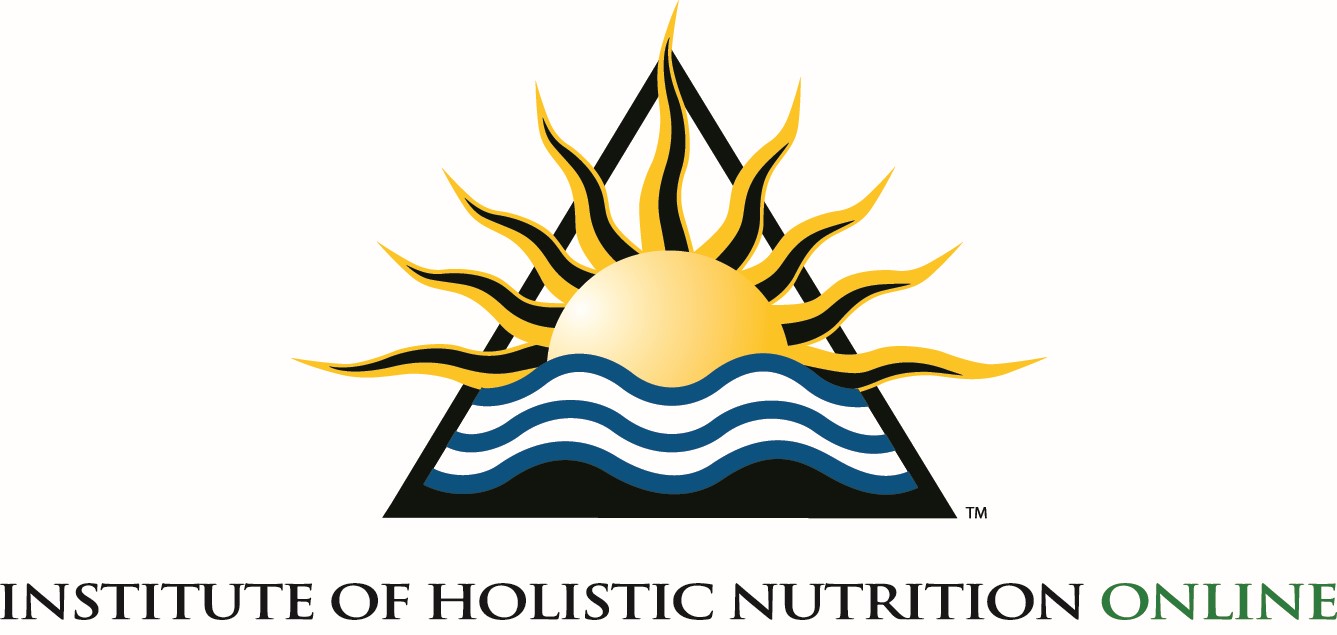
Sofia Pistrila MSc, CNP
Department(s): Faculty
Sofia is a Certified Nutritionist Practitioner and an honours graduate of the Institute of Holistic Nutrition. She also has a Master’s degree in Science from “Traian Vuia” University, Romania. Sofia is the founder of FeellikeSpring Nutrition and Wellness Clinic in Toronto. In her quest to help people to attain their true balance of mind, body and spirit, she incorporates in her practice several other modalities like Energy Medicine, Reiki, Reflexology and Pilates. Sofia’s 18 years’ experience of the industrial and corporate world gives her the understanding of the importance of harmony between work and personal time in one’s life. Her own experience with debilitating health problems resulting from working in a high stress environment ignited her interest in holistic healing. What started as a personal necessity, ended up being a passion to help others. In her practice her main focus is to educate people about the negative effects of stress and ways to deal with it. Through customized diet, life style changes and intervention at energetic level, Sofia helps her clients to “FeellikeSpring”, to blossom to their full potential. She shares her own healing journey and knowledge with clients and the public through one-to-one consultations, small group seminars, workshops, community centers presentations and community newspapers. She is an active member of Friends of Alternative and Complementary Therapies (FACT) and Women in a Home Office (WHO). Sofia teaches Nutritional Symptomatology Part 2 at Institute of Holistic Nutrition’s Online program.
